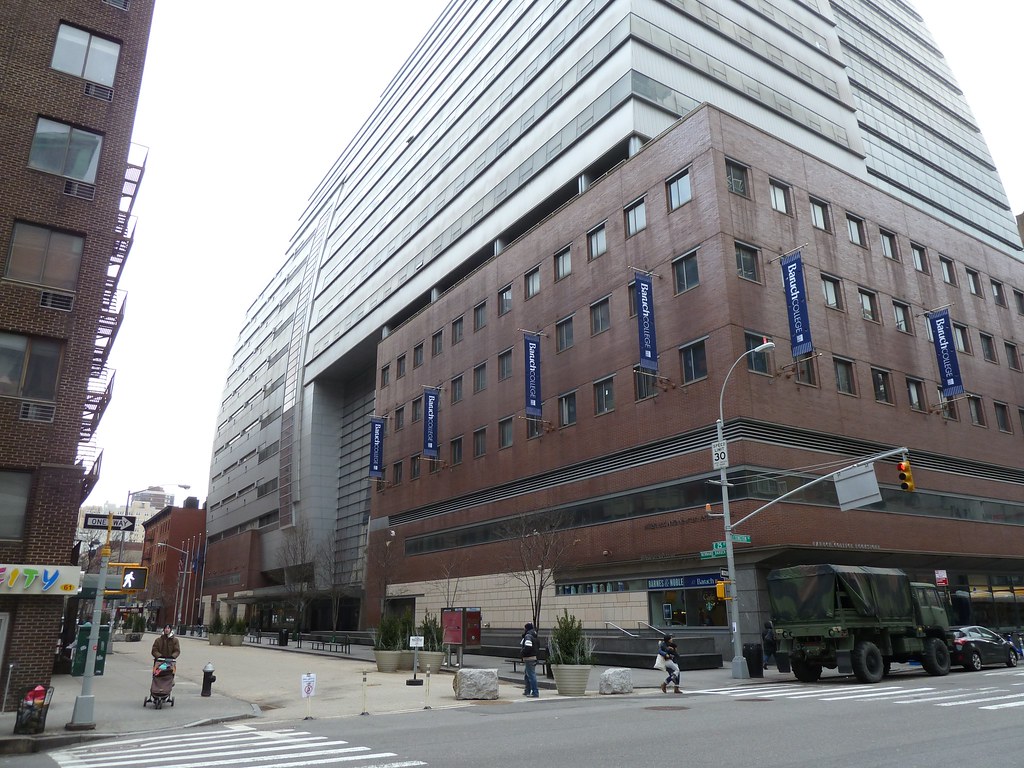With the conclusion of the 2024-2025 Undergraduate Student Government elections at Baruch College, it’s critical to reflect not only on the results but also on the fairness of the election process itself.
This year, the presence of multiple parties campaigning for student government positions was certainly a refreshing sight. Especially when compared to previous years, when enthusiasm for a multi-party election often dwindled as one party dominated and others withdrew.
This election season brought to light concerns about potential bias that may have influenced the campaign’s outcome, particularly the favoritism shown by the Weissman School of Arts and Sciences.
The Weissman School reposted promotional videos from the ROSE party on its official Instagram account, highlighting these candidates as exemplary representatives of the Weissman students.
While it remains true that the newly elected student government members are competent and well-deserving of their positions, this raises questions about the impartiality expected from academic institutions in student elections. Social media is a powerful tool for outreach and its use by the academic department to promote specific candidates can create an uneven playing field and skew student perceptions.
For the candidates of MOTION, who did not receive similar exposure, this meant navigating a campaign where their visibility was significantly overshadowed.
Baruch should ensure that its departments and affiliates maintain neutrality during USG elections. It needs enforced guidelines that prevent any form of institutional endorsement or promotion of candidates, ensuring all parties have equal opportunities for exposure.






